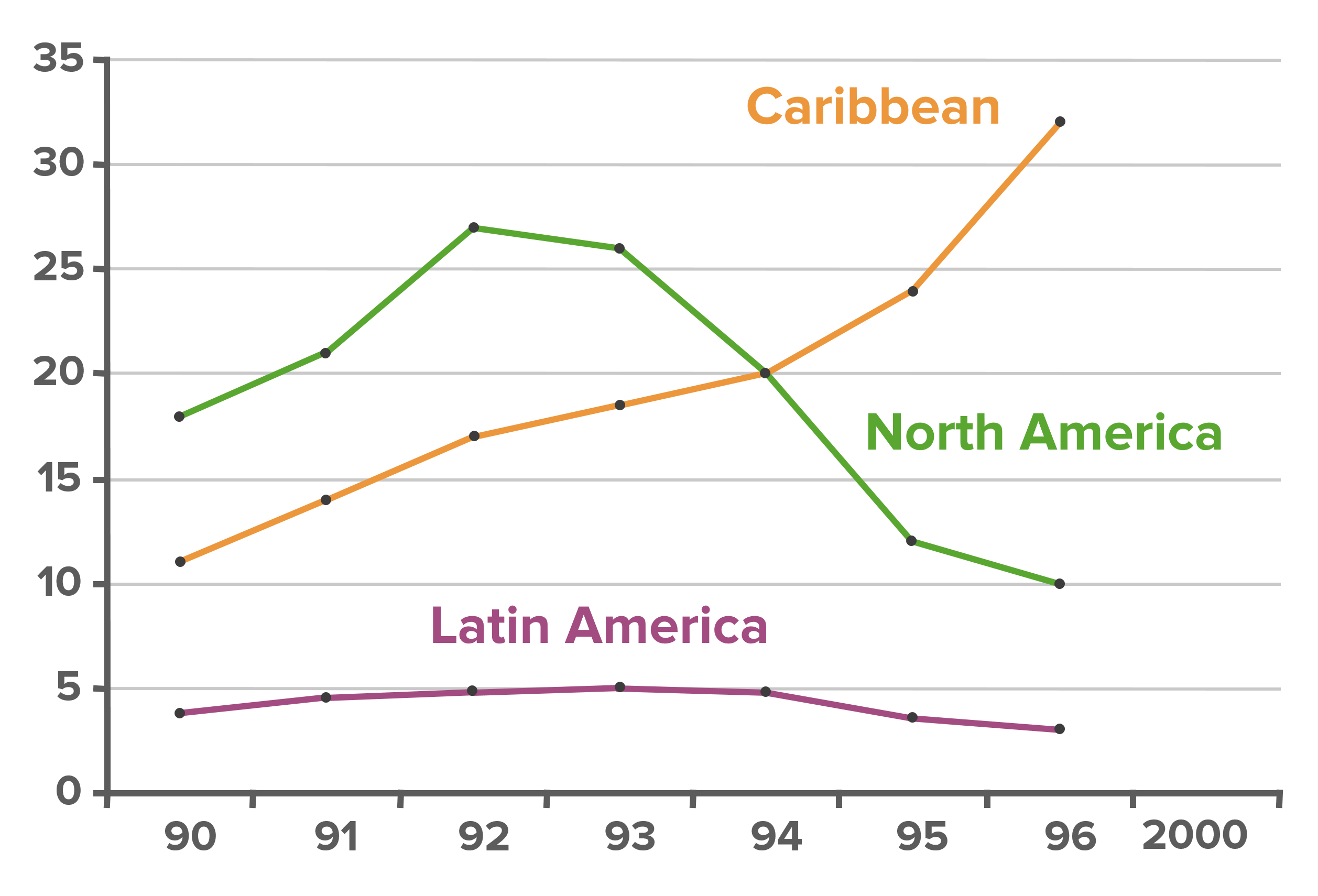Playlist
Show Playlist
Hide Playlist
Information Bias
-
Slides 05 CausationBiasInformation Epidemiology.pdf
-
Reference List Epidemiology and Biostatistics.pdf
-
Download Lecture Overview
00:01 Hello and welcome back to epidemiology. We've already talked a little bit about bias, in particular selection bias, but in this lecture you're going to learn a little bit more about different kinds of biases, in particular common types of information bias, which is another kind of bias we encounter quite commonly in a large range of epidemiological studies. 00:21 You're also going to be able to identify response, reporting and detection biases. Detection bias is my personal favorite; I encounter it all the time. 00:30 So you've seen this chart before, we've already covered selection bias, but right now we're going to go knee deep into information bias. Information bias is while we have a systematic error in measurement, you could be measuring anything, it doesn't have to be something quantifiable, it could be something qualitative as well. So again, information bias is while we have a systematic error in measurements, in other words, the means of obtaining information about your subjects might be either inadequate or entirely incorrect. There are a host of different kinds of information biases, misclassification, recall, interviewer, etc. We're not going to cover all of those, just the key ones that you'll probably encounter.
About the Lecture
The lecture Information Bias by Raywat Deonandan, PhD is from the course Statistical Biases.
Included Quiz Questions
Which of the following is NOT a type of information bias?
- Non-response
- Differential misclassification
- Interviewer
- Recall
- Non-differential misclassification
What is the definition of information bias?
- A bias that results from a systematic error in measurement.
- A type of bias that results from selected study subjects not being representatives of the study population.
- A phenomenon that results when the effect of the main exposure is mixed with the effect of extraneous factors.
- A bias that results when the early diagnosis of a disease falsely makes it look like people survive longer.
- A bias that results from a person answering a question or survey inaccurately.
Customer reviews
5,0 of 5 stars
| 5 Stars |
|
5 |
| 4 Stars |
|
0 |
| 3 Stars |
|
0 |
| 2 Stars |
|
0 |
| 1 Star |
|
0 |




